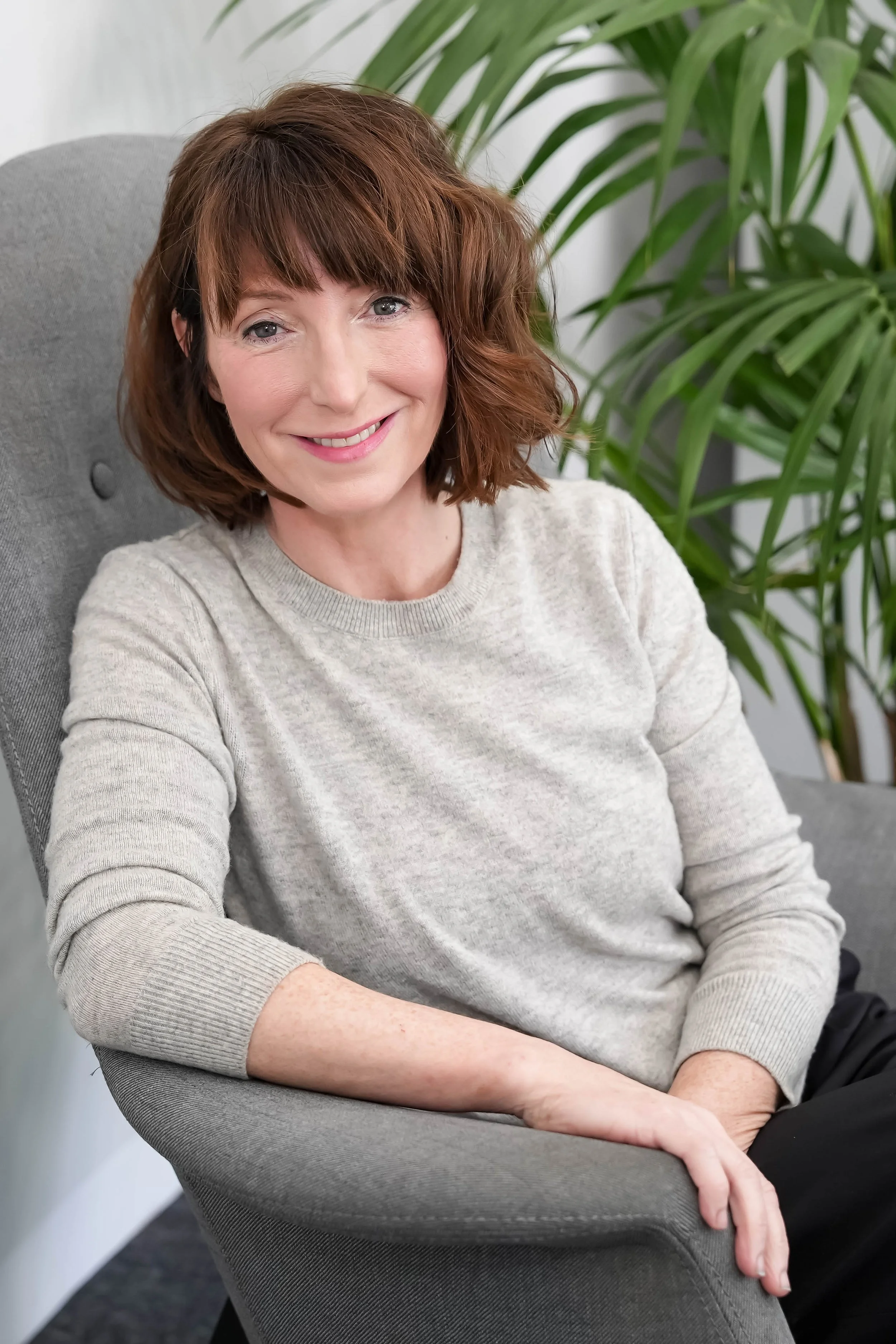Letby case raises questions - did defence fail to call experts because none could support her claims?
The absence of any medical expert witnesses called by Lucy Letby's defence team has sparked debate over whether this represented a strategic failure or an inability to find credible experts willing to support her case.
Fiona Morrison, Director and Co-founder of TLA Medicolegal, describes the decision not to present expert medical testimony for the defence as "extremely rare" in such complex criminal medical cases. However, she suggests that recent challenges to the conviction highlight the critical importance of ensuring only properly qualified and experienced experts provide testimony in criminal trials.
She says: “The key to a successful outcome is finding the right experts for the particular case. When appointing a medical expert, it is vital that they were in practice within that medical field at the time of the event. The right questions should be asked to ensure they have the appropriate experience and qualifications to properly assess the case details and provide credible testimony.
“Our case managers identify only the best medical experts in their field of medicine and only match the right expert to the right case. Experts that are confident in their opinion, who can stand up to the scrutiny and challenges from the opposition barristers.”
Fiona was speaking after a raft of recent reports that questioned the validity of the medical expertise, particularly that provided during the trials of convicted baby killer Lucy Letby.
Two recent documentaries - Beyond Reasonable Doubt on ITV and the latest Panorama programme on the BBC – claim the prosecution case against Letby does not stand up to scrutiny due to inaccurate assessment of the medical evidence.
Letby’s barrister Mark McDonald assembled a panel of international scientists to re-examine the expert testimony, and they have challenged the validity of the medical evidence presented at the trial.
Their full reports are now with the Criminal Cases Review Commission (CCRC) which could potentially re-open the case for a retrial.
It has also led to senior politicians, lawyers and doctors raising concerns about the lack of oversight and regulation in the use of expert witnesses.
Patrick Hodge, deputy president of the supreme court and president of the Expert Witness Institute, claims the role of expert witnesses is growing and judges should always question the validity of their expertise.
Fiona accepts the ongoing debate over whether Letby is indeed one of Britain’s worst serial killers or actually innocent is at least partially due to the lack of a defence medical expert opinion at her original trial.
Many believe retired paediatrician Dr Dewi Evans, the leading expert for the prosecution in the case, was not adequately practiced.
Fiona concludes: "These babies were under the care of a paediatric team, and standard practice dictates that paediatricians should assess their level of care. However, given the high-profile nature of this criminal case, super-specialist neonatologists must be appointed as medical experts for both the prosecution and defence, with their evidence presented at trial alongside input from all other relevant specialties.
“The implications of the Letby defence appeal being filed with the CCRC continue to cause controversy nearly a year after the previous appeal with rejected. The lack of medical evidence has put the whole case in jeopardy.”

